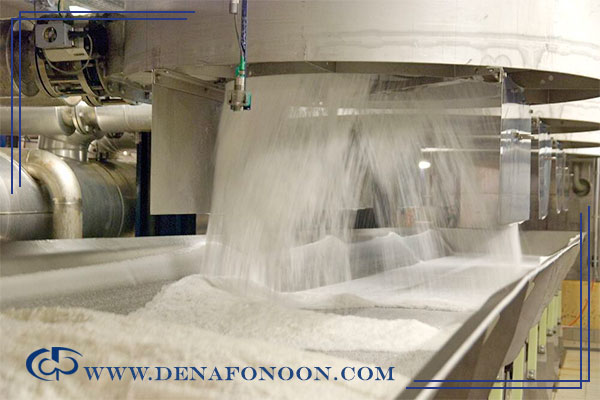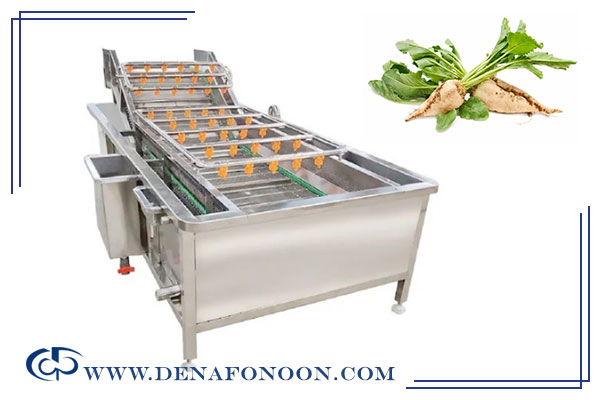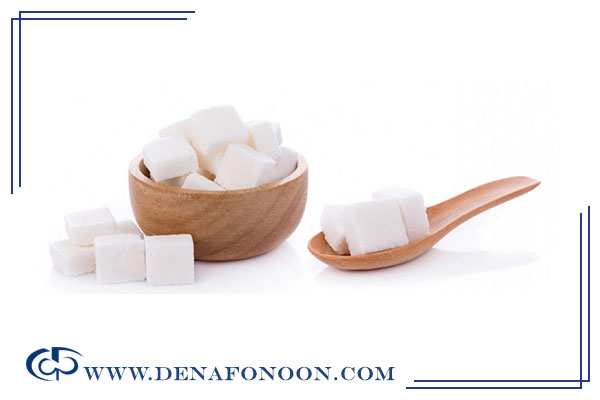The role of filter presses in the sugar industry
Discover the crucial role of filter presses in the sugar industry, where they enhance the efficiency of sugar production by effectively separating solids from liquids, improving product quality, and reducing processing time.
VisitCount 80
The Use of Filter Presses in the Sugar Industry

The following are the steps and benefits of the process
As mentioned in previous articles, the primary role of filter presses is to separate solids from liquids. This separation ultimately leads to wastewater purification and the recovery of the separated liquid—often water—which can be recycled back into the production lines. This process also contributes to improving the final product’s quality. In the sugar industry, filter presses can be used in two main stages, which are explained in detail below.
Beet Washing

Before any processing begins in a sugar production facility, sugar beets are thoroughly washed to remove mud, soil, and other impurities from their surfaces. One of the key applications of filter presses is at this stage, where they are used to treat and purify the water used for washing the beets. By recycling and filtering this water, the factory can reduce water consumption and improve operational efficiency.
Raw Juice Filtration
After extracting the raw juice from sugar beets or sugarcane, the next important step is to filter this juice. The raw juice contains suspended solids and impurities that must be removed to ensure high-quality sugar production. Filter presses play a crucial role here by effectively filtering out these particles. This stage is typically where filter presses are most commonly applied in the sugar industry, as they prepare the raw juice (or cane juice) for further processing.
Thick Juice Filtration
Following the sedimentation of impurities in the raw juice, the thicker juice produced—containing less water but potentially higher solid content—may require additional filtration. At this stage, filter presses are used to ensure the thick juice is thoroughly purified, free of any suspended solids, and ready for crystallization.
Advantages of Using Filter Presses in the Sugar Industry
Filter presses offer numerous benefits in sugar production, including:
Improved Final Product Quality
By precisely and thoroughly removing suspended particles and impurities, filter presses help produce higher-quality sugar. This leads to a purer final product, enhancing customer satisfaction and meeting stringent industry standards.
Increased Efficiency and Productivity
Filter presses can process large volumes of juice quickly and efficiently, significantly reducing filtration time. This increases production capacity and overall operational efficiency, allowing factories to meet higher demand with shorter turnaround times.
Environmental Protection

By effectively separating impurities from the juice and wastewater, filter presses help minimize environmental pollution. This reduces the discharge of contaminants into the environment, contributing to the preservation of natural resources and compliance with environmental regulations.
Cost Savings
Filter presses typically have lower operational costs compared to other filtration methods. They reduce expenses related to water consumption, electricity, space, and labor. Over the long term, these savings make filter presses a highly cost-effective choice for sugar manufacturers.








